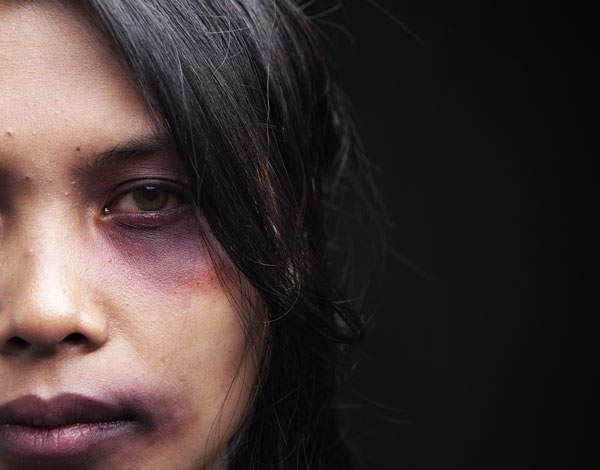

International Women’s Day (IWD) on 8 March was a celebration of female achievement — but it also sought to raise awareness of the struggles of women worldwide.
This year’s IWD was flanked by stories relating to violence against women. Days before, the EU Agency for Fundamental Rights released an EU-wide study on gender-based violence, revealing that one in three women have experienced physical and/or sexual violence since the age of fifteen, rising to 44 per cent in the UK.
And earlier this week we heard more about the new legislation, known as Clare’s Law, that will allow police to disclose a partner’s history of domestic or other violence on request.
Read more on philanthropy from Spear’s
Named after Clare Wood who was killed by her partner in 2009, the law targets the wrong problem, says Jane Keeper from charity Refuge, since many perpetrators of domestic violence are not actually known to the police or social services.
According to the charity, every week in England and Wales two women are killed by a current or former partner and three women take their own lives to escape domestic violence.
Sexual and other gender-based violence is a police priority and prosecution rates are increasing, but those who fall through the gaps often look to charity sector for help. Charities campaign and provide a range of services for those affected by domestic violence, sexual violence, trafficking and harmful traditional practices like female genital mutilation (FGM).
They run public education campaigns to raise awareness, keep women safe from abuse and offer counselling to overcome trauma and legal advice and assistance through the courts.
But charities in this field are often poorly resourced. A 2011 report by NPC for the Government Equalities Office revealed chronic underfunding across the violence against women sector, with domestic violence refuges highly reliant on public funding pots such as Supporting People, un-ringfenced in 2008, and managed in varying ways by different local authorities. There are no obvious funding streams as for charities working in other areas.
This builds on a previous study, in which we calculated a donkey sanctuary in Devon had a higher income than the three largest charities tackling violence against women combined. Looking at income figures from 2013, the situation is yet to improve: a total of £15.39 million for the three charities – Refuge, the Women’s Aid Federation and Eaves – compared to £32.2 million for the Donkey Sanctuary.
We know that the need is great and funds are limited, so charities in this sector are key candidates for philanthropists looking to advance the rights of women and those affected by gender-based violence.
Donors may look to local domestic refuges suffering from public funding cuts, or to the broader range of charities dealing with rape and sexual violence on a national or global scale, including campaigns against FGM and support for trafficked people.
One day of awareness is not enough when, for too many, gender-based violence is an everyday reality.
Catherine Glew is a researcher at New Philanthropy Capital (NPC)






